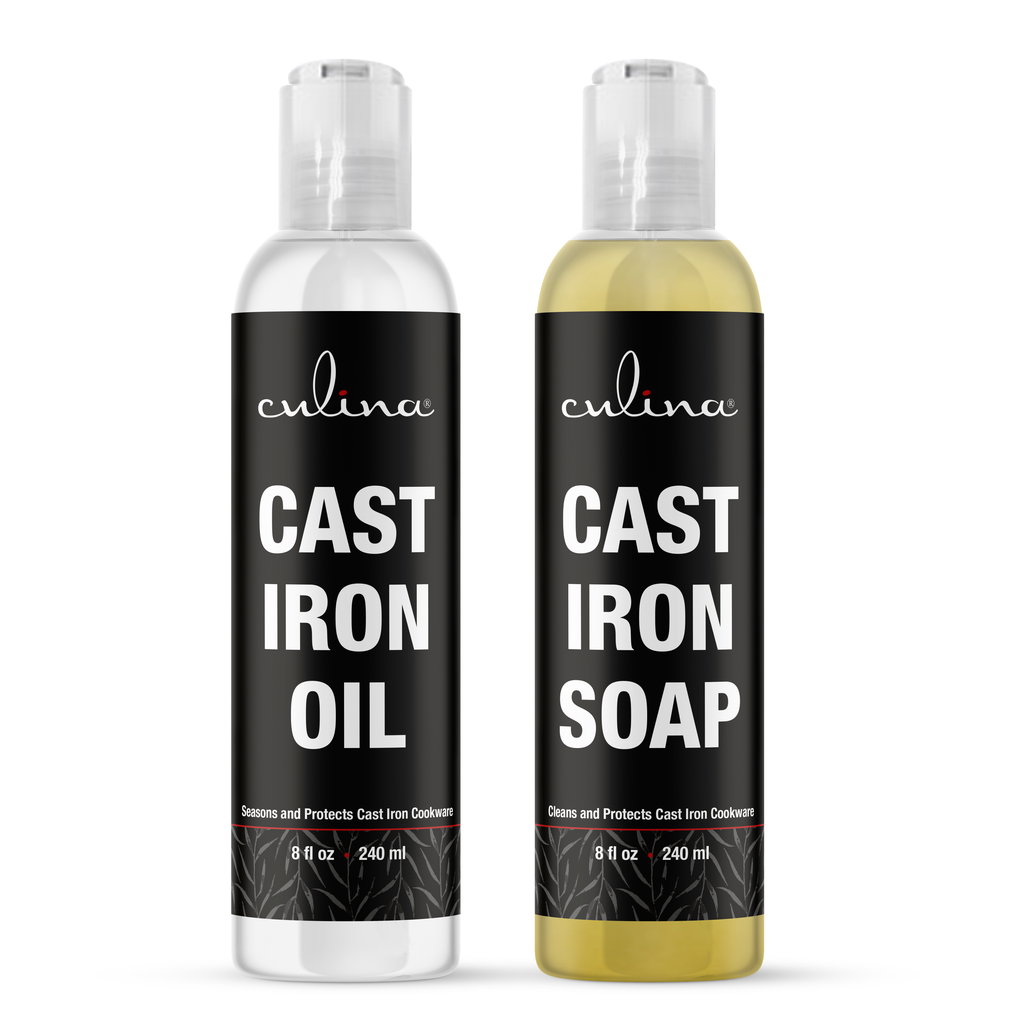How to Clean Wooden Kitchen Utensils: Essential Tips?
Maintaining our beloved wooden kitchen utensils is crucial for both hygiene and longevity. As a beautician, you know the importance of cleanliness not just in your profession but also in your home. This article delves deep into how to clean wooden kitchen utensils, ensuring they stay in top shape and ready for use.
Wooden utensils, with their natural appeal and functionality, require special care. Learning the right techniques allows you to keep them in pristine condition, prolonging their life and ensuring that they dont harbor harmful bacteria.

Understanding the Importance of Cleaning Wooden Utensils
Wooden utensils are not only practical but also aesthetic. They add a warm touch to your kitchen and are often more durable than synthetic options. However, they can absorb odors and stains if not properly cleaned. Consider these essential cleaning methods to maintain their integrity.
Common Challenges in Cleaning Wooden Utensils
There are several challenges when it comes to cleaning wooden kitchen utensils:
- Absorption of liquids and odors
- Risk of cracking and warping
- Potential for bacterial growth in crevices

How to Clean Wooden Kitchen Utensils Step by Step
Cleaning wooden utensils can be simple if you follow these steps:
1. Gather Your Supplies
Before you start, make sure you have:
- Warm water
- Gentle dish soap
- White vinegar or baking soda
- Soft cloth or sponge
- Mineral oil or wood conditioner
2. Start with a Quick Rinse
Begin by rinsing the utensils under warm running water to remove any food particles. Avoid soaking them, as this can lead to warping.
3. Use Mild Soap for Scrubbing
Now apply a small amount of gentle dish soap to your sponge. Carefully scrub the utensil in circular motions, paying attention to any stubborn spots.
4. Rinse Thoroughly
After scrubbing, rinse your utensils thoroughly under warm water to remove all soap residue.
5. Disinfect with Vinegar or Baking Soda
Mix one part vinegar with four parts water and wipe the utensils. Alternatively, you can sprinkle a bit of baking soda onto a damp cloth and wipe. This helps disinfect and eliminate odors.
6. Dry Properly
After cleaning, dry your wooden utensils on a clean towel. Make sure they are fully dried before storage.
7. Condition the Wood
Applying mineral oil or a wood conditioner helps maintain the wood's moisture and prevents cracking. After drying, apply a thin layer and let it soak for a few hours.

Tips for Maintaining Your Wooden Kitchen Utensils
Correct care and maintenance of your wooden utensils can save you from frequent replacements. Here are some tips:
- Always hand wash them; avoid placing in the dishwasher.
- Regular oiling is crucial; do this at least once a month.
- Keep them dry and store them away from moisture.

What to Avoid When Cleaning Wooden Utensils
In your cleaning journey, keep in mind these common mistakes:
- Avoid soaking wooden utensils in water.
- Do not use harsh chemicals or abrasive scrubbers.
- Never expose them to extreme temperatures.
When to Replace Wooden Kitchen Utensils
Even with the best care, wooden kitchen utensils will eventually need replacement. Here are some signs indicating it's time to let go:
- Visible cracks or deep scratches
- Foul odors that cannot be removed
- Change in shape due to excessive warping
FAQs About Cleaning Wooden Kitchen Utensils
1. Can I soak wooden utensils in water?
No, soaking wooden utensils in water can lead to warping and cracking.
2. How often should I oil my wooden utensils?
It is best to oil wooden utensils once a month to keep them conditioned.
3. Is it safe to use vinegar on wooden utensils?
Yes, vinegar is a safe disinfectant for wooden utensils when diluted with water.
For further reading, you can check this helpful guide on cleaning a commercial kitchen. You can also look into cleaning greasy surfaces by visiting our blog on greasy kitchen light fixtures or learning how to clean kitchen cabinet hinges at this link.
As an Amazon Associate, I earn from qualifying purchases.

